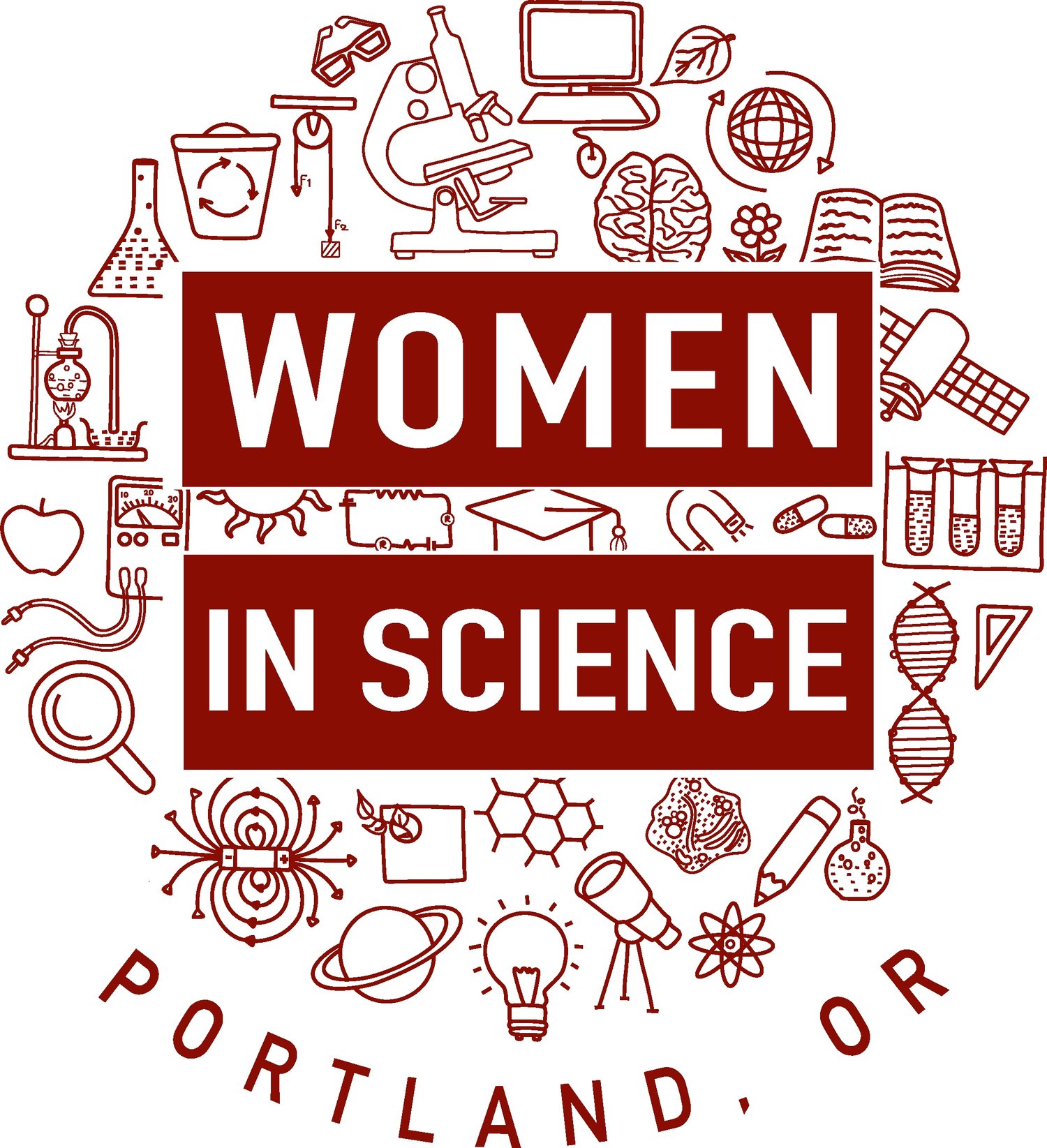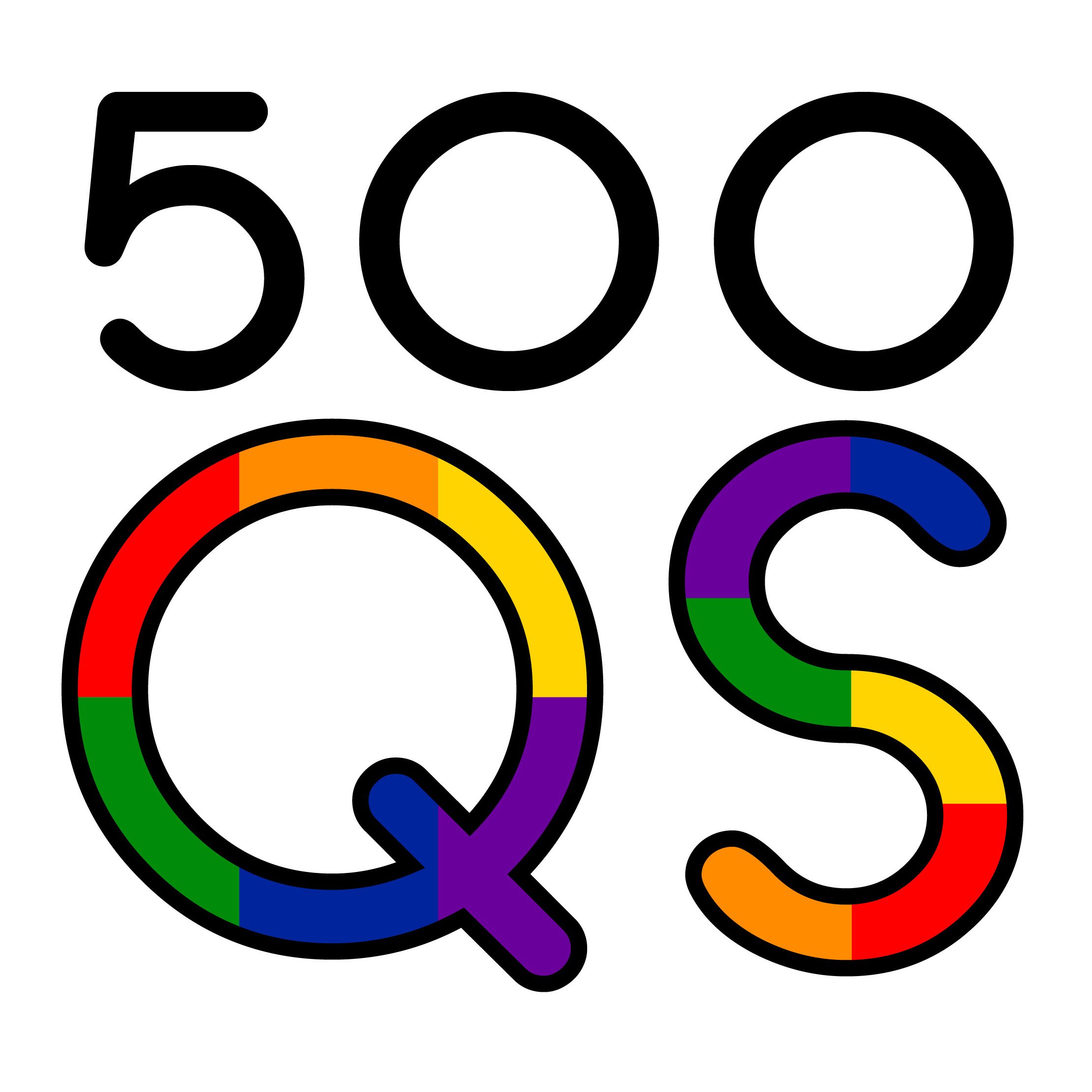500 Queer Scientists: Highlighting an Innovative Initiative for a More Inclusive STEM Future
Updated by Natasha Fowler, Ph.D.
Originally written by Lillian Klug, PhD.
As a tribute to this year’s Pride Month, Women in Science PDX wants to highlight the 500 Queer Scientists campaign for their relentless efforts to shatter stereotypes about who can be in science and increase visibility for queer scientists in the STEM community worldwide.
The 500 Queer Scientists campaign was founded in 2018 by Dr. Lauren Esposito, an entomology curator, and Sean Edgerton, an infectious disease biologist and science illustrator at the California Academy of Sciences.
Dr. Esposito and Edgerton created this campaign in response to surveys reporting that 40% of LGBTQIA+-identified respondents working in STEM fields were not “out” to their colleagues (1) and undergraduate sexual minority students were 7% less likely to be retained in STEM majors compared to their non-LGBTQIA+ counterparts (2).
“At a time when both the acceptance of LGBTQ people and the perceived value of data-based science (3) are on the decline,” Esposito adds, “I wanted to find a way to band LGBTQ+ STEM workers together to show each other—and the world—that we’re a powerful force for scientific progress, and that we will stand up for science and for LGBTQ+ rights.”
To help the current generation of scientists recognize that they’re not alone and to ensure that the next generation of scientists has LGBTQIA+ role models, 500 Queer Scientists shares self-submitted stories from queer scientists worldwide.
In the 5 years since its inception, 500 Queer Scientists has amassed a collection of 1,840+ powerful stories from queer scientists worldwide that collectively represent an undeniable force of scientific progress and discovery.
As inequalities within STEM-related agencies remain pervasive for LGBTQIA+ individuals (4), it is clear that much work remains to be done to create an inclusive and safe workplace for LGBTQIA+ individuals, both within the scientific community and society as a whole.
By sharing stories of success, scientific experience, and personal exploration, 500 Queer Scientists forces the world to recognize the valuable contributions that LGBTQIA+ individuals have made to our society, despite the discrimination that they have faced.
As an organization that full-heartedly values the visibility, representation, and advancement of individuals traditionally underrepresented in STEM, Women in Science PDX could not support the mission of 500 Queer Scientists more.
We highly encourage you to visit 500QueerScientists.com and read each contributor’s story to learn about their scientific contributions, personal journeys, and interests.
Feel free to submit a story of your own. You can join/follow the conversation on Twitter (@500QueerSci) and Instagram (@500queerscientists).
References
1. Jeremy B. Yoder & Allison Mattheis (2016) Queer in STEM: Workplace Experiences Reported in a National Survey of LGBTQA Individuals in Science, Technology, Engineering, and Mathematics Careers, Journal of Homosexuality, 63:1, 1–27, DOI: 10.1080/00918369.2015.1078632
2. Bryce E. Hughes (2018) Coming out in STEM: Factors affecting retention of sexual minority STEM students. Science Advances, 4:3, eaao6373, DOI: 10.1126/sciadv.aao6373
3. GLAAD (2018) Accelerating Acceptance Report. Available at https://www.glaad.org/publications/accelerating-acceptance-2018
4. Erin A. Cech & Michelle V. Pham (2017) Queer in STEM Organizations: Workplace Disadvantages for LGBT Employees in STEM Related Federal Agencies, Soc. Sci. 2017, 6(1), 12; https://doi.org/10.3390/socsci6010012
About the Authors
Natasha Fowler, Ph.D. (she/her) is an interdisciplinary clinical scientist who’s passionate about overseeing projects and programs that make science and healthcare more diverse, equitable, and inclusive and applying this knowledge to improve prevention, diagnostic, and treatment strategies. She’s also an advocate for scientists interested in non-academic careers. As the Communications Committee Chair of WIS and a volunteer on the WIS Professional Development Committee, Natasha loves connecting people with other people and with information that can aid in their career journey. Outside of work, Natasha is an avid traveler who loves connecting with others through food, different languages, and comedy.
Lilli Klug, Ph.D. (she/her) is a long time leader within Women in Science Portland. She is passionate about battling systemic oppression of all forms and empowering women and marginalized gender folks in STEM fields (and beyond). She is a trained biomedical scientist who enjoys facilitating scientific innovation and has worked in both academia and industry. She loves spending her free time watching soccer with friends and family and snuggling her two tiny Chihuahuas-- Diego and Sprocket.





